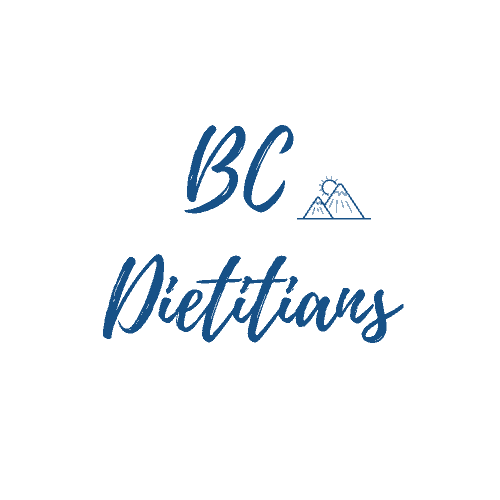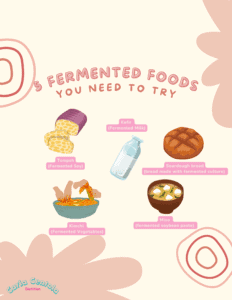In July 2008, three friends—Brett, Kenny, and Phil—decided to take a break from alcohol and coined it “Dry July.” Their initiative wasn’t just about personal health; it aimed to support cancer organizations by fundraising. What started as a modest goal to buy a TV for a local hospital quickly snowballed into a movement, raising a staggering $250,000 in its inaugural year, with widespread support catapulting Dry July into an annual event.
This campaign not only raises funds but also promotes health awareness, highlighting the benefits of abstaining from alcohol, including potential health benefits such as reducing the risks of cancer, heart disease, and liver issues.
Can alcohol cause IBS and SIBO flare ups?
The relationship between alcohol consumption and symptoms of Irritable Bowel Syndrome (IBS) and Small Intestinal Bacterial Overgrowth (SIBO) remains complex and varies from person to person.
While many alcoholic beverages are low in FODMAPs (Fermentable Oligo-, Di-, Mono-saccharides And Polyols), about one-third of individuals with IBS report experiencing symptoms triggered by alcohol. In an observational study that looked at women aged 18–48 years with IBS, they found that women with IBS-diarrhea were more likely to experience GI symptoms from alcohol compared to IBS-constipation or IBS-mixed.
The irritant nature of alcohol on the gastrointestinal tract is believed to play a significant role, affecting motility, absorption, and potentially causing inflammation. However, current evidence lacks high-quality studies confirming that reducing alcohol intake directly alleviates symptoms.
What Alcohol Can I Drink with IBS and SIBO?
If you have IBS or SIBO and choose to consume alcohol, consider these tips:
- Avoid alcohol types high in FODMAPs, such as rum (high in fructose), fruit ciders (typically made with fruits high in fructose and sorbitol including apples, pears, peaches) and certain wines (red wine over 1 glass or 150ml and dessert wines are high in fructose).
- Monitor your personal tolerance to alcohol and its effects on your symptoms.
- Avoid mixing alcohol with high FODMAP juices or sodas.
- Mix alcohol with low FODMAP options (ie. diluted cranberry juice, club soda, soda water).
- Drink a glass of water after each alcoholic drinks to stay hydrated.
- Be mindful of food choices when drinking alcohol to avoid FODMAP stacking.
- Limit how much you’re drinking as alcohol itself is a stomach irritant so it may cause symptoms regardless if it’s low FODMAP or not.
Alcohol and Digestive Organ Cancers
Beyond its impact on digestive conditions like IBS and SIBO, alcohol consumption is linked to an increased risk of digestive organ cancers.
Studies have shown that regular and excessive alcohol consumption can heighten the likelihood of developing cancers of the mouth, throat, esophagus, liver, and colon.
These risks underline the importance of moderation and considering personal health conditions when consuming alcohol.
The Broader Impact of Alcohol on Health and Well-Being
Alcohol’s effects extend beyond digestive health. Regular consumption can disrupt sleep patterns, affect emotional well-being, and contribute to fluctuations in energy levels. While moderate alcohol intake may initially induce relaxation and social enjoyment, excessive or chronic use can lead to insomnia, mood swings, increased risks of cancer, heart disease, stroke and decreased overall vitality.
Canada’s Guidance on Alcohol and Health published in 2023 shares the latest research that no amount or kind of alcohol is good for your health and the associated health risks increase with increasing amounts of alcohol.
- 1–2 drinks a week represents a low risk of harms
- 3–6 drinks a week represents a moderate risk of harms
- 7 or more drinks a week represents an increasingly high risk of harms
Managing alcohol consumption, particularly in the context of digestive disorders like IBS and SIBO, involves considering its holistic impact on physical, mental, and emotional health. Navigating alcohol consumption with IBS and SIBO requires understanding your body’s unique responses and making informed choices to manage symptoms effectively. If you suspect alcohol triggers your symptoms, consult with a healthcare provider to tailor your dietary approach accordingly.
As your Gut Loving Dietitian, I possess the expertise to provide personalized advice and effective gut health solutions. With virtual consultations available throughout BC, Canada, take the step today to address digestive concerns and establish a harmonious relationship with food.









Add a comment